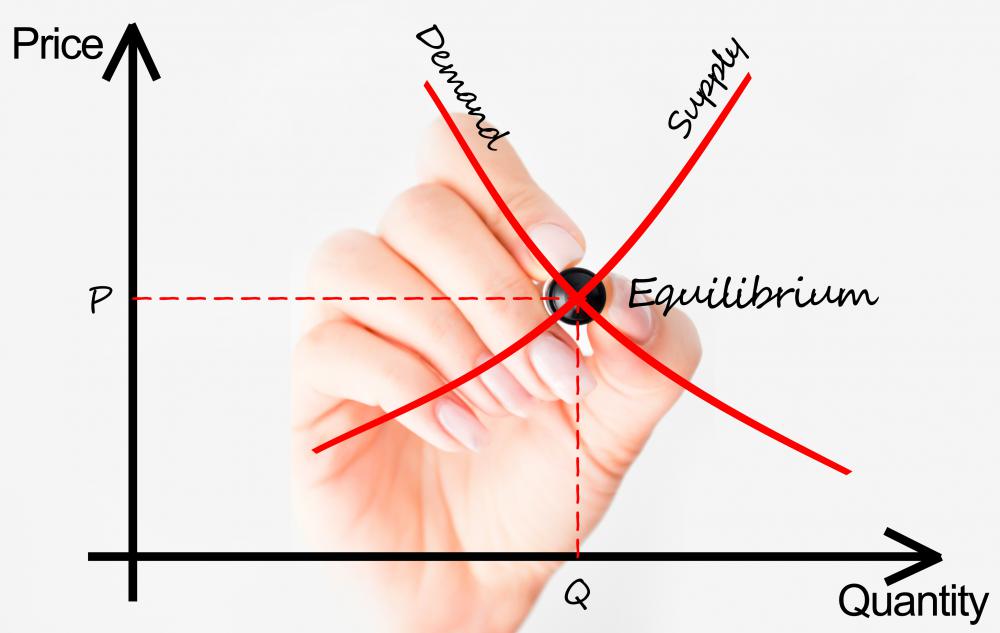At WiseGEEK, we're committed to delivering accurate, trustworthy information. Our expert-authored content is rigorously fact-checked and sourced from credible authorities. Discover how we uphold the highest standards in providing you with reliable knowledge.
What is Demand for Labor?
A demand for labor is the price businesses are willing to pay workers. The term can refer to the demand a particular company has for workers, which is determined by balancing the additional benefits versus additional compensation costs for a new employee. The demand for labor can also be meaningful in terms of an entire economy. Economic recessions, for example, correspond with a reduction in the demand for labor, particularly in certain types of businesses. The supply of labor also tends to be localized, as most workers have significant barriers to relocating in search of work.
The demand for labor often refers to the context of a specific company. To make a profit, a company must optimize the factors of production, including labor. In other words, a company has a demand for labor that is determined in the same way as other factors of production. Companies generally will continue to hire more workers until the benefits of an additional worker no longer exceed the total costs of compensating him. Hiring additional workers tends to follow the law of diminishing returns—the productivity of each new worker falls as more and more workers are hired.

Demand for labor can also refer to an economy as a whole. When economic conditions fluctuate, the demand for labor is usually affected. During a recession, for example, the total labor demand falls. Fewer goods are being produced, which reduces the demand certain businesses have for workers. The fear of being laid off can also cause consumers to spend less, further reducing economic activity.
Different sectors of the economy are usually affected more strongly than others during recessions. Labor needs in the service sector, which includes restaurants and other entertainment venues, is often hit particularly hard in a weak economy. Consumers who choose to save money instead of spend it tend to reduce the demand for entertainment services, and therefore the demand for labor in the service sector diminishes. Times of economic prosperity, on the other hand, often correlate with a strong demand for service labor.
Though labor is subject to the laws of supply and demand, the labor market is often far from perfectly competitive. A competitive labor market would include workers with a high degree of mobility—workers who would be willing to relocate across the country for a small increase in pay. Of course, this is generally not the case, so labor markets tend to be restricted to small geographical areas, except in the case of highly-specialized fields.
AS FEATURED ON:
AS FEATURED ON:











Discuss this Article
Post your comments